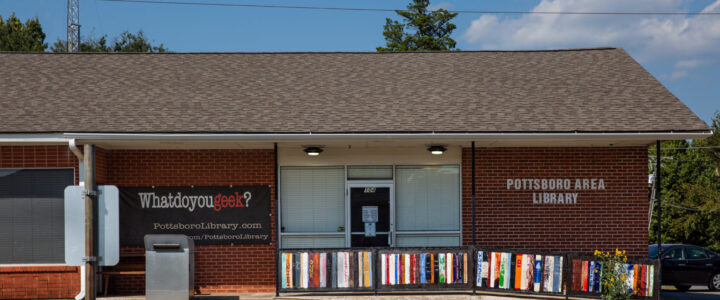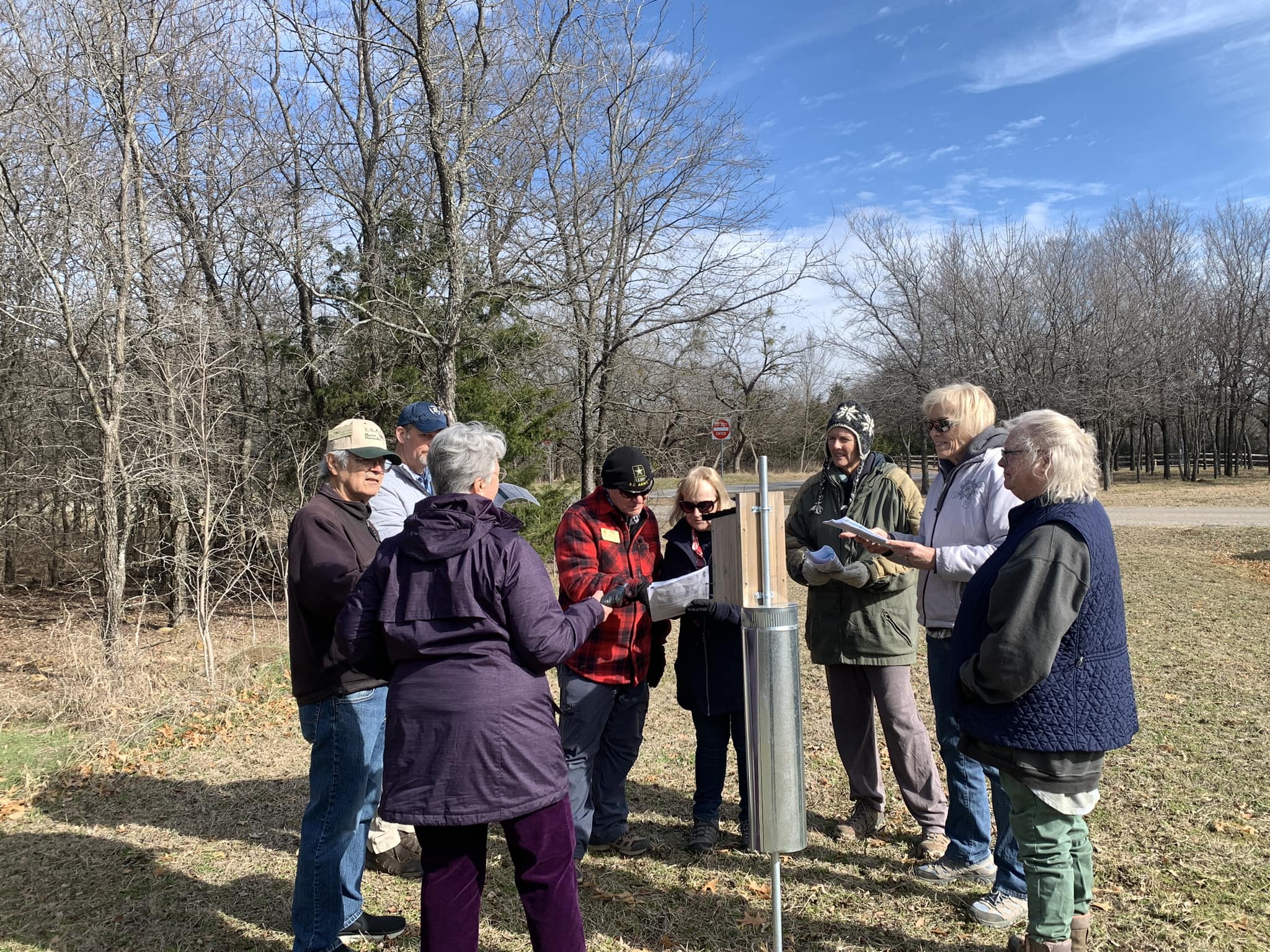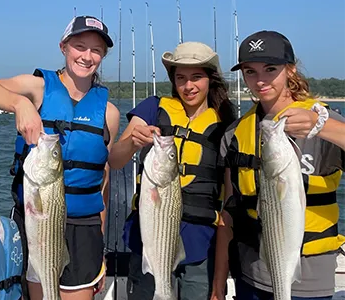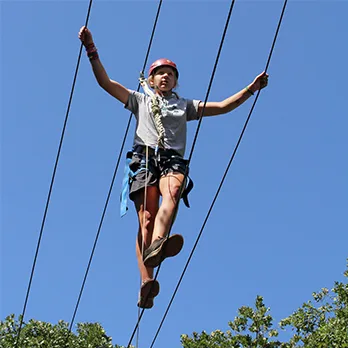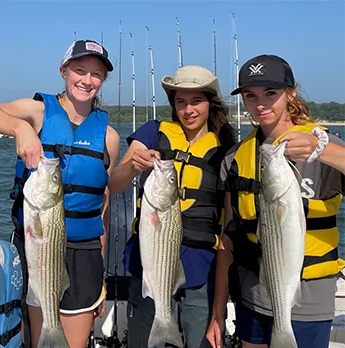The National Digital Inclusion Alliance (NDIA) announced the Pottsboro Library would be one of 18 grant recipient organizations who will launch the National Digital Navigator Corps. The grants are part of $10 million of support from Google.org, which will go toward hiring community-based digital navigators to further develop NDIA’s digital navigator model for rural and Tribal communities.
Digital navigators at the 18 selected sub-grantee organizations will help thousands of residents gain much-needed access to the internet, devices, and digital skills training. Pottsboro who was the only public library among the grantees, received more than $350,000 to hire a digital expert.
“We have a full-time digital navigator to help people connect to tech, whatever they need to be successful,” said Dianne Connery, the Pottsboro Library director. As the digital navigator, Mark Revolinski said he does everything from helping people set up the internet to teach the basics.
Dianne Connery, the library’s director, has been focused on bringing technology to Pottsboro since 2010. During COVID, students who had been sent home to study virtually needed connectivity to the internet in this small rural community. The library set up mobile hotspots around town so students would have access to learning online.
Another need emerged when people began calling the library desperate to get online for telehealth appointments with their doctors who didn’t want high-risk patients coming into the hospital or office. The library opened a dedicated telehealth room that people can reserve to video chat with doctors. The library partnered with the University of North Texas Health Science Center, which handles the appointment booking to keep personal information private. You can connect with your own healthcare provider or make an appointment with their healthcare partner.
The library recently offered classes on staying safe online so you can identify phishing emails and text messages, identify popular scams, learn how to pay online safely, and receive 1-on1 tech help from the navigator.
In August of 2022, the library held an “Introduction to Digital Culture” class. This 5-week course, taught by the library’s Senior Planet-trained digital navigators (seniorplanet.org), discusses how to identify and contact political representatives and get involved in government, maintain your financial security online, access reliable health and wellness information, safely enjoy social media, and have fun with creative opportunities on the Internet.
The Pottsboro Library was selected by AARP to offer a Digital Skills Ready@50 program. The AARP Foundation, in collaboration with OATS (Older Adults Technology Services), offers the free technology class for those over 50 who are considering going back to work, exploring entrepreneurship, or switching careers.
The Pottsboro library offers free use of computers and internet access, as well as wireless access outside the building after hours. They also have Adobe Creative Suite and Microsoft Office software available. You can also check out a Nikon DSLR 3100 and GoPro cameras and accessories.
On game night, teens flock to the library to access one of a dozen computers lining the library’s back corner. These gaming computers support Pottsboro’s high school e-sports team, which competes through the North American Scholastic Esports Federation.
The Pottsboro Library is much more than books. It is a cultural center for all ages, providing a rich array of resources from community gardening to technology. What was a floundering little library, has become a hub of activity providing much needed services to the community.

